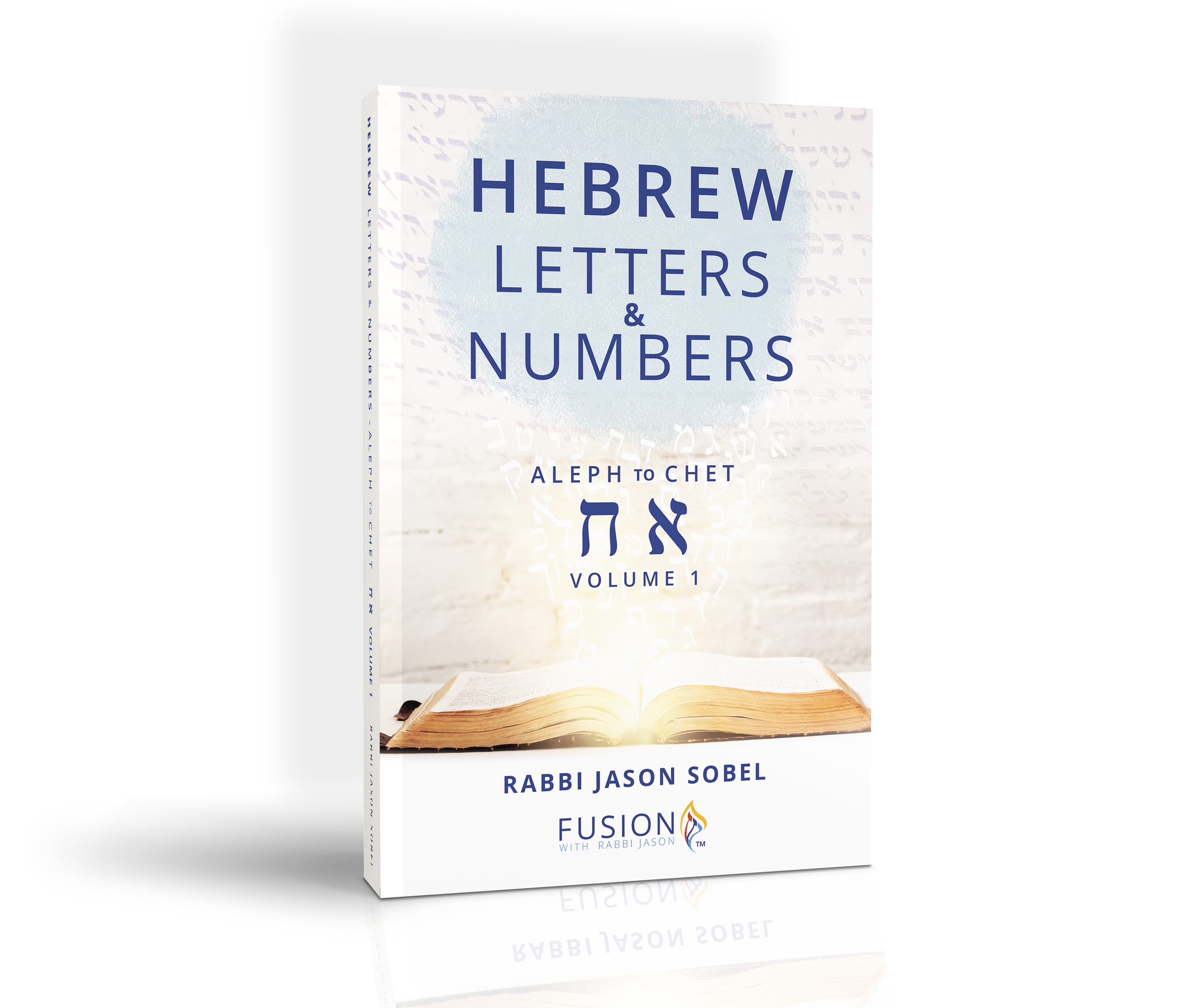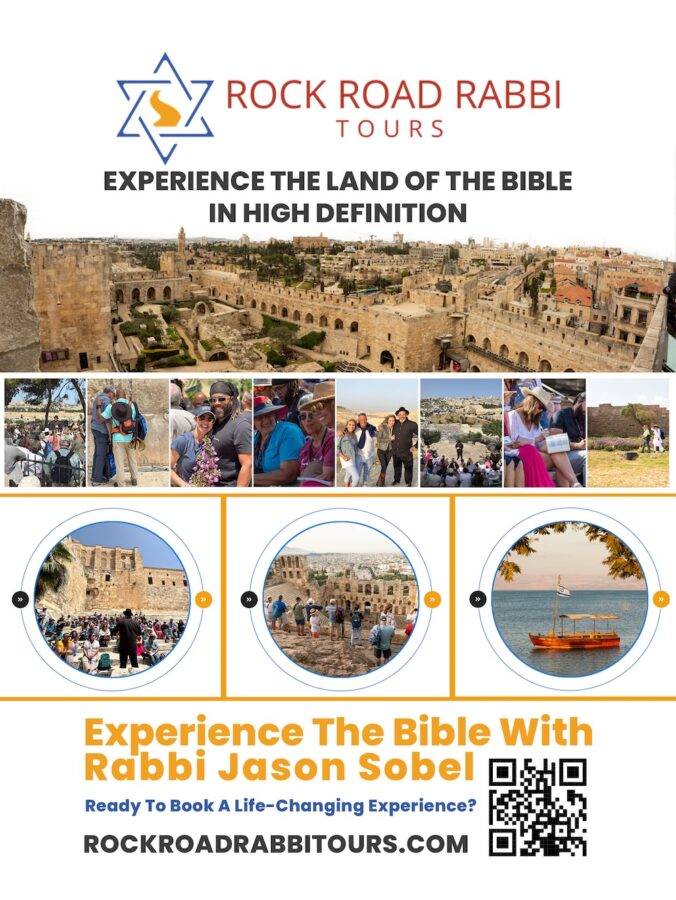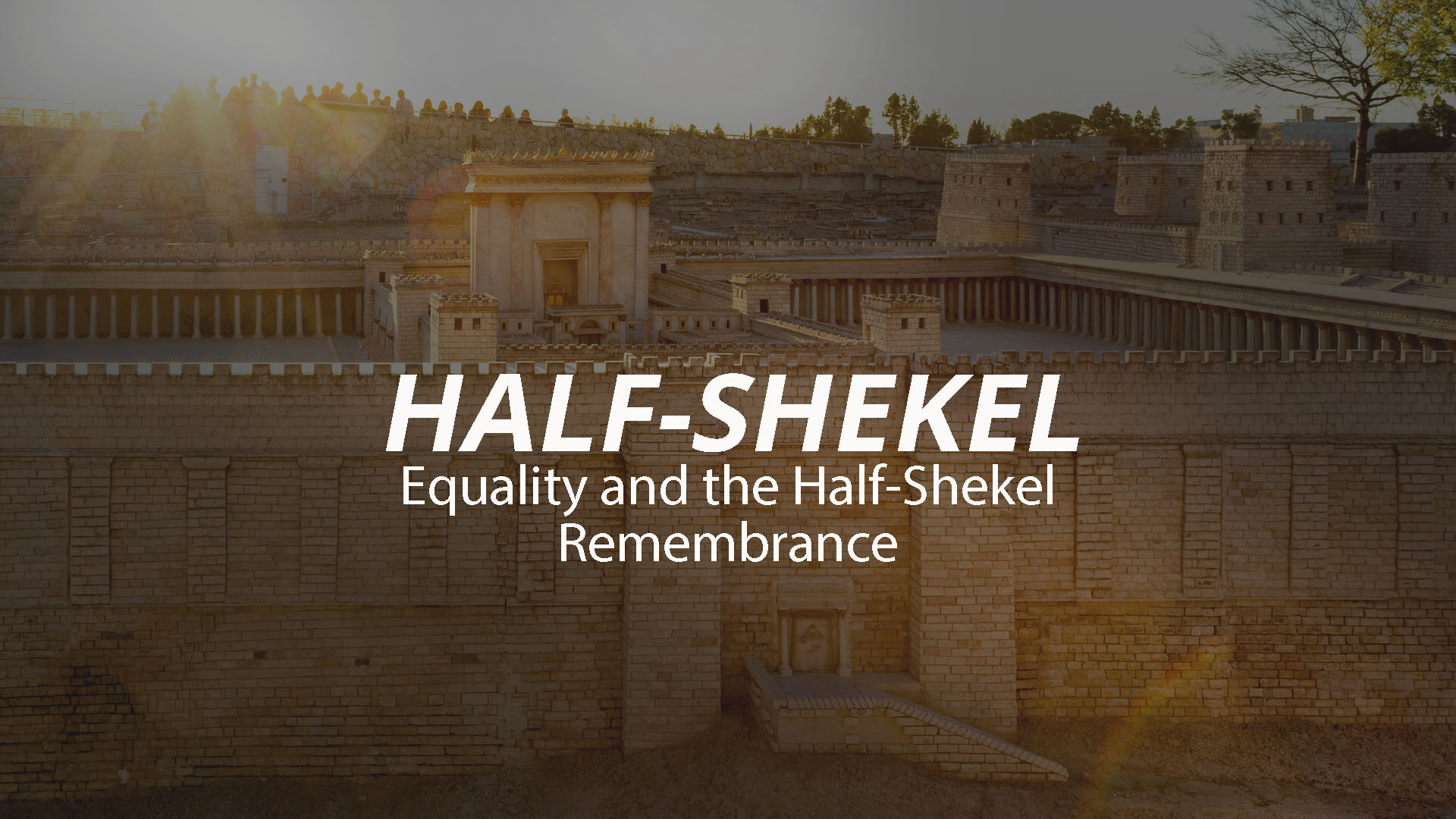
We should also keep in mind that the half-shekel tax funded the operation of the Tabernacle/Temple. As to the value of each individual—existentially and liturgically (i.e., pertaining to the significance of their worship)—each Israelite was equal. There were no spiritual giants or supermen whose worship and prayer were more valuable. Neither were there spiritual infants whose spiritual service was worth less.
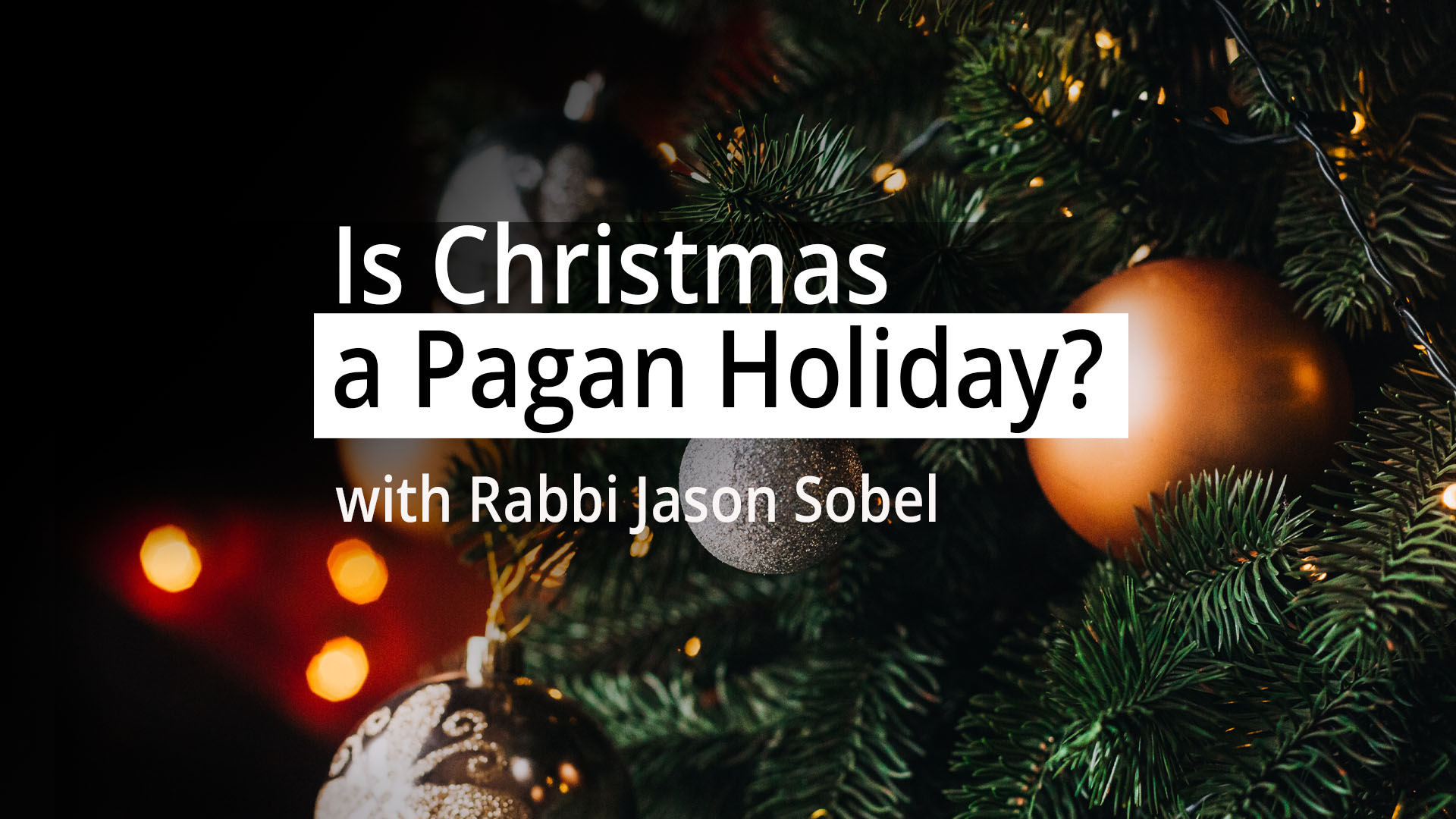
Should Followers of Yeshua celebrate Christmas if it is based on a pagan holiday? I think you will be surprised by this answer and may even learn a few things about the ‘root’ of other holidays as well.
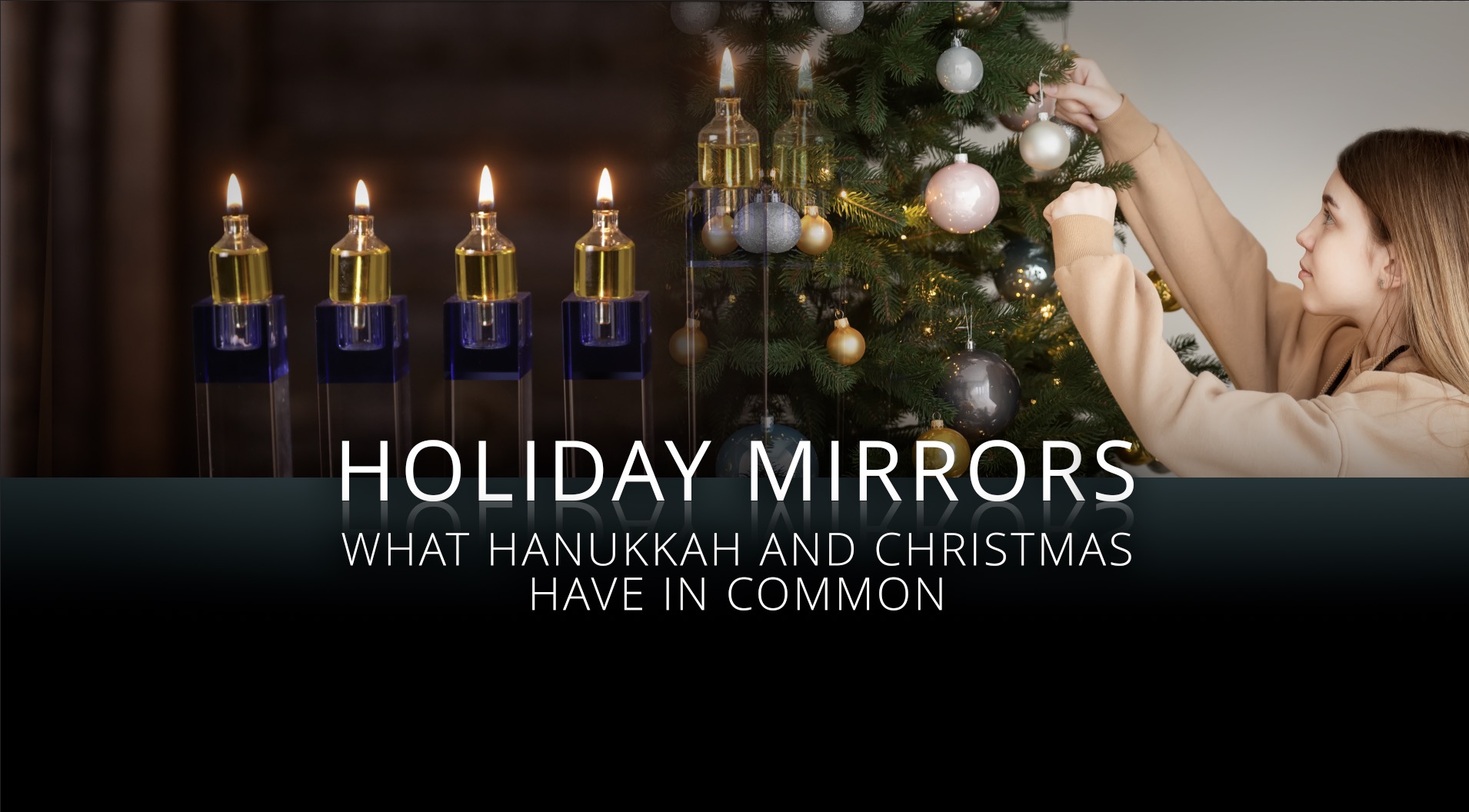
Holiday Mirrors: What Hanukkah and Christmas Have in Common. The rich tradition and theological substance of holidays like Hanukkah bind us together as a community. Why wouldn’t we want to remember and celebrate an event that caused heaven’s armies to pause and erupt in lavish praise? As much as the Nativity and Hanukkah have some profound differences, they also have some deep similarities. As such, they both deserve a place in our practice and our communal storytelling.
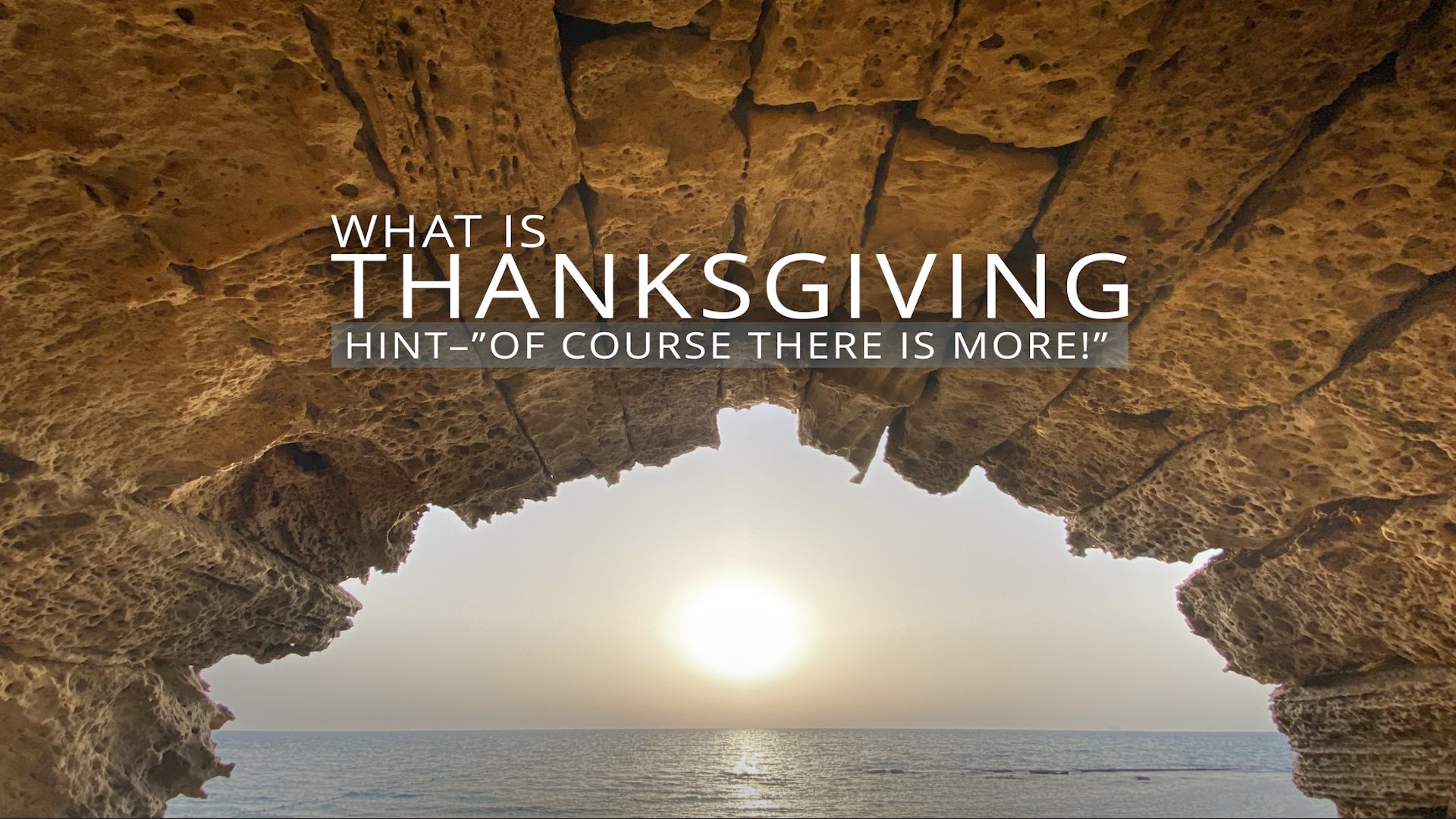
What is Thanksgiving? It is so much more than a holiday—it’s a lifestyle for Followers of Yeshua – Jesus! Being thankful when things are going well in our lives is one thing, but “always”? “In everything”? The Apostle (and Rabbi!) Paul gave clear directives to those early believing communities. He expected thanksgiving would be a constant among them, even when enduring challenges. Frankly, this seems a bit idealistic, don’t you think? How can believers be thankful all the time?
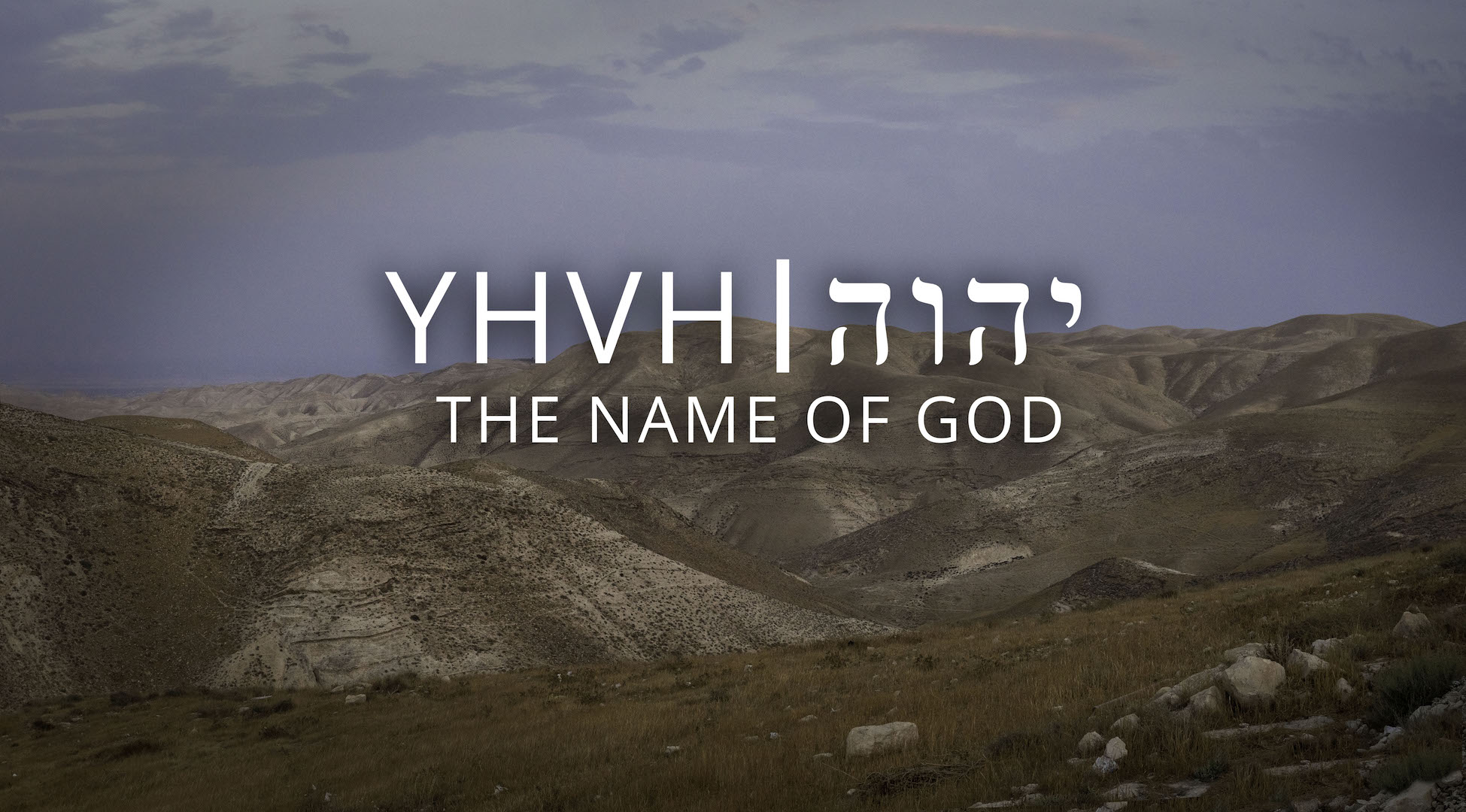
We have to ask: what is the Hebrew name for God? A deep dive into God’s name reveals not just who He is but how that reality affects our lives. How should we live now that we know God to be the Father revealed in Yeshua? This is why our journey deeper in God’s Word matters: it calls us to a new way of life.
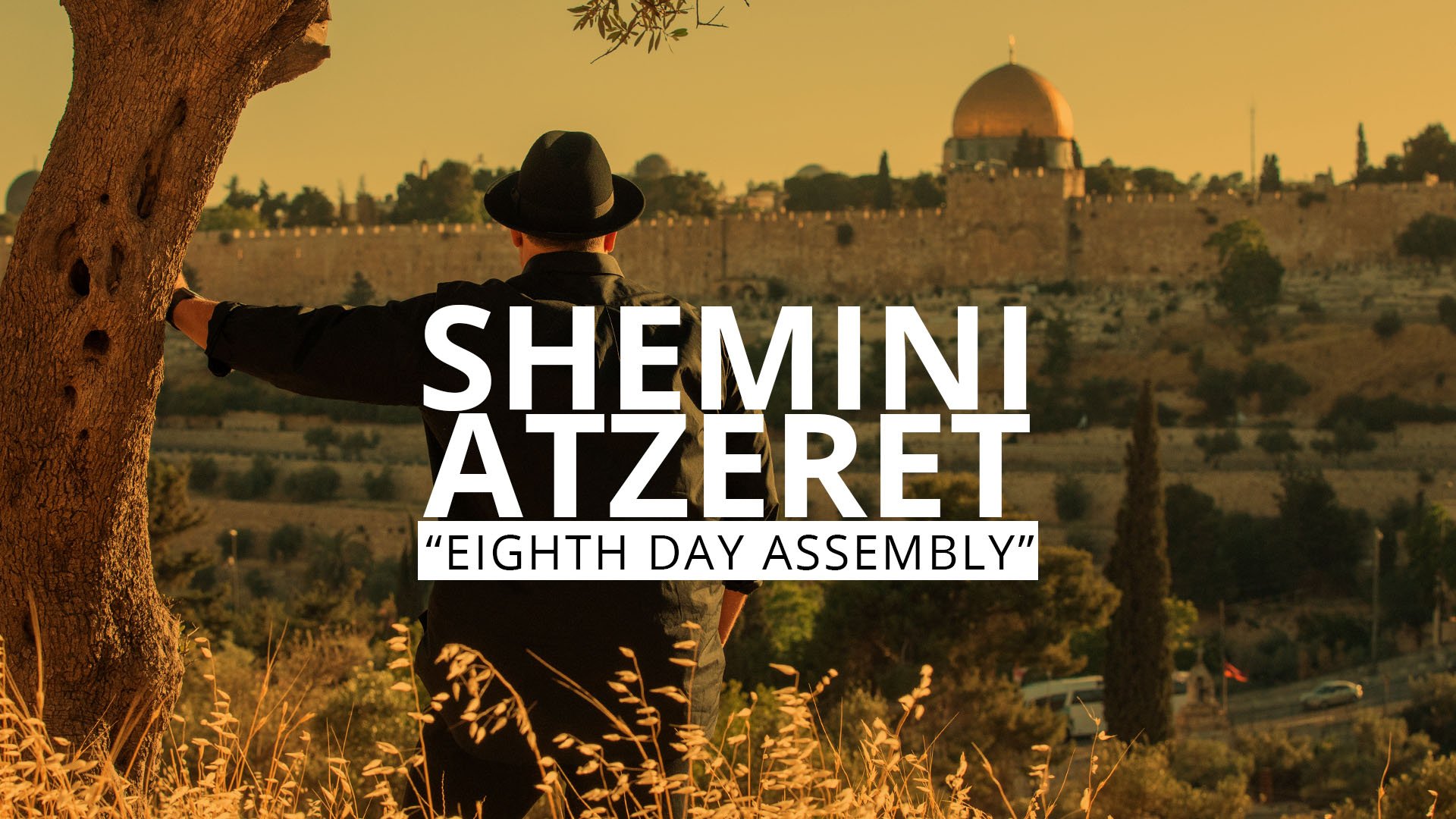
Shemini Atzeret: According to Numbers 29:35, “On the eighth day there shall be for you an assembly. You are to do no regular work.” The holiday’s name literally means “Eighth Day Assembly.” Shemini Atzeret’s distinction is vital because its focus differs from Sukkot’s and ties directly to the “Lord’s Prayer” from Yeshua Jesus.

Sukkot celebrates God tabernacling among the children of Israel during their forty years in the wilderness as His presence led them as a cloud of smoke by day and as a pillar of fire by night. In light of this, there is a heightened theological significance of John 1:14: “And the Word became flesh and tabernacled among us.” I believe Yeshua-Jesus was born on Sukkot, for He is Emmanuel, God among us, the presence of the Lord dwelling among His people once again like He did in the desert.
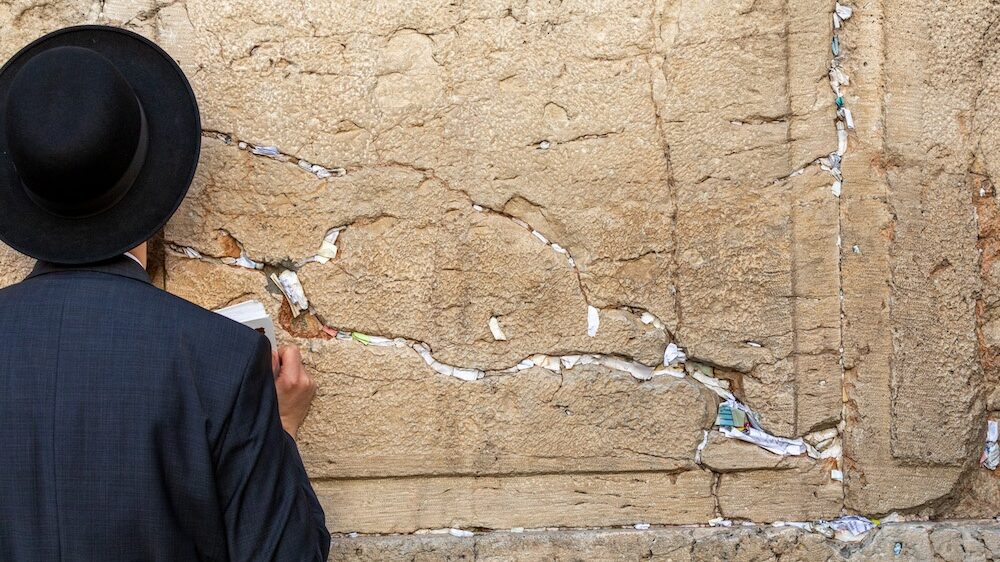
The scapegoat represented the sins of the nation; Yom Kippur points to the ultimate redemption of the world, the fullness of redemption. A redemption is paid for, not by the blood of an animal, which still leaves a deficit, but by Yeshua’s blood, marking the debt PAID IN FULL.
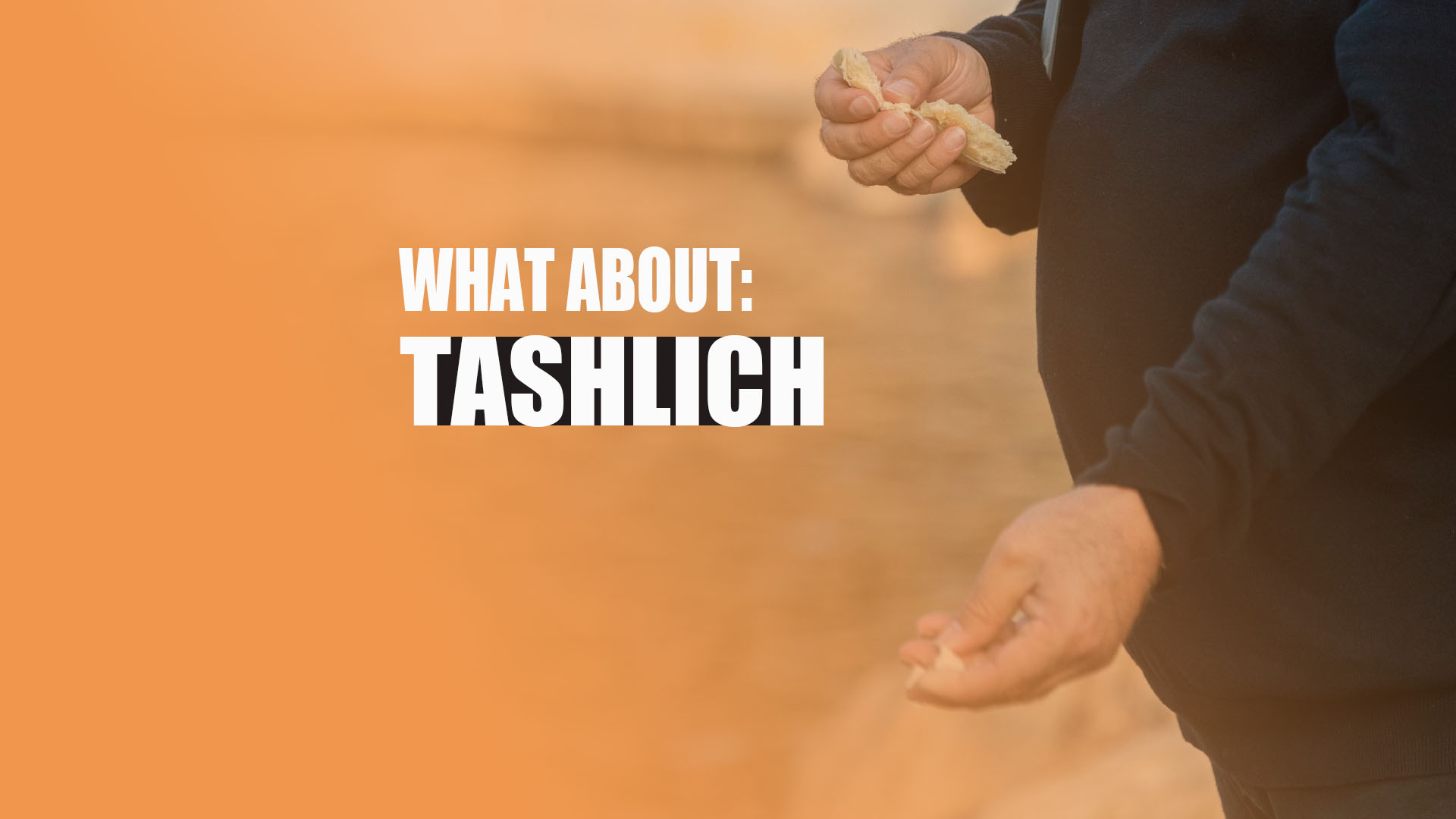
What about Tashlich? In some sense, Tashlich involves the physical act of walking to be next to a body of water as a reenactment and remembrance of the binding of Isaac. Tashlich represents an opportunity for those of us whose lives have been transformed by Yeshua’s sacrificial love to focus on our Messiah’s ultimate expression of surrender on the cross.

Regarding the Shofar: a tool of great potential power. Used with discernment and discretion, it can be a potent spiritual tool. The horn, by itself, obviously is just a horn. Owning one or a thousand of these ancient horns will do nothing for you. The same is true of simply blowing the shofar. In the natural, the shofar will do little more than make noise. However, there is a rich tapestry of meaning in the Scripture relevant to this ancient instrument. As we appropriate these insights by faith, we can imbue the shofar and its sound with spiritual potency. In this context, the shofar can, in some real sense, become like other spiritual tools or “weapons” at our disposal (such as prayer, Scripture, praise, etc.). The shofar blast is only ever as effective as the spiritual sincerity and integrity of the one using it.











